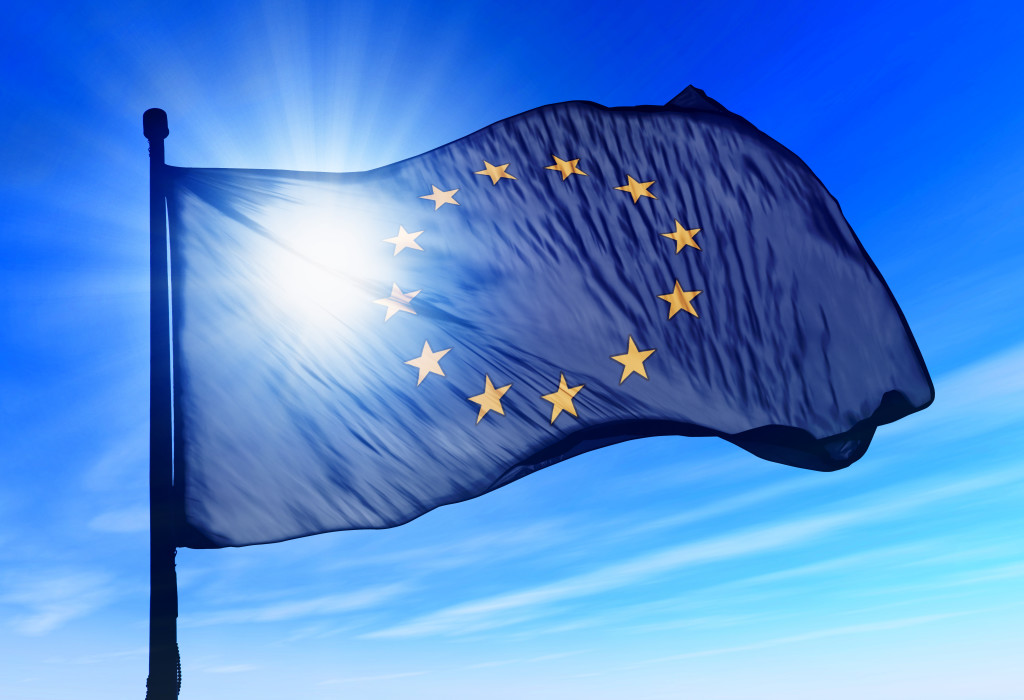Oberster Gerichtshof, Austria, 22 April 2015, Case No. 4 Ob 20/15t
In C-631/13 (Forsgren), the ECJ already ruled: Article 3(b) of Regulation No 469/2009 must be interpreted as precluding the grant of a supplementary protection certificate for an active ingredient whose effect does not fall within the therapeutic indications covered by the wording of the marketing authorisation.
Article 1(b) of Regulation No 469/2009 must be interpreted as meaning that a carrier protein conjugated with a polysaccharide antigen by means of a covalent binding may be categorised as an ‘active ingredient’ within the meaning of that provision only if it is established that it produces a pharmacological, immunological or metabolic action of its own which is covered by the therapeutic indications of the marketing authorisation.
Now, the Austrian Supreme court shed further light on the SPC-regulation when applying the ECJ’s judgement (Austrian Supreme Court, 4Ob20/15t).
==========
In the matter at stake an SPC was requested for a protein D, which is a carrier protein covalently bonded to other active ingredients. Covalent binding does not exclude an SPC.
The Supreme Court analysed the context between the order for reference, the statement of the European Commission and the ECJ’s judgment: The Supreme Patent- and Trademark Senate, which referred the question to the ECJ had individualized the protein D as a carrier for which no pharmaceutical effect was mentioned in the Marketing Authorisation (MA). With regard to that, the Commission meant that the protein’s activity had to be mentioned in the MA, otherwise the request for SPC was not justified. The ECJ did not follow that but referred to the facts, thus to the effectiveness of the protein within Synflorix.
Upon this analysis, the Supreme Court now held that an own pharmacological, immunological or metabolic action of the protein D within the indications covered by the MA has to be established but it is not necessary that the protein D is explicitly mentioned in the Marketing Authorisation.
To verify that, the matter was referred back to the first instance.
Read the decision (in German) here.
Head note: Rainer Schultes, Geistwert

